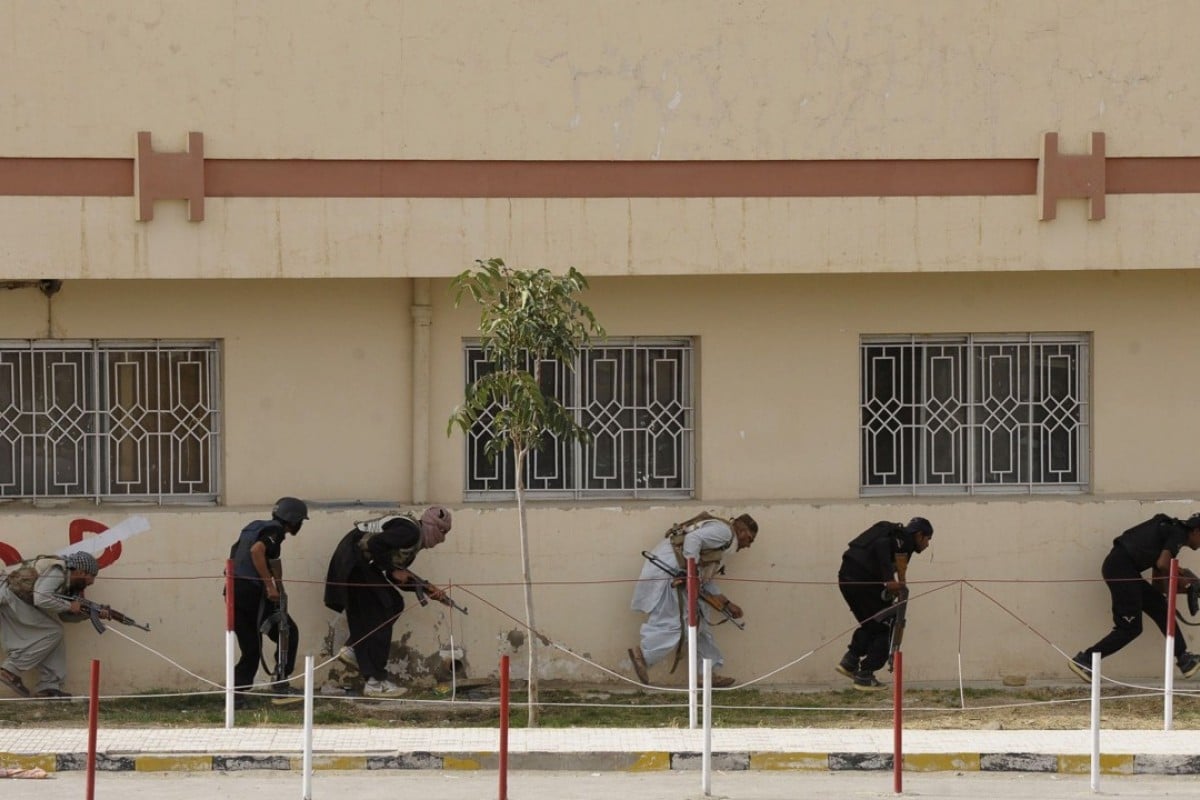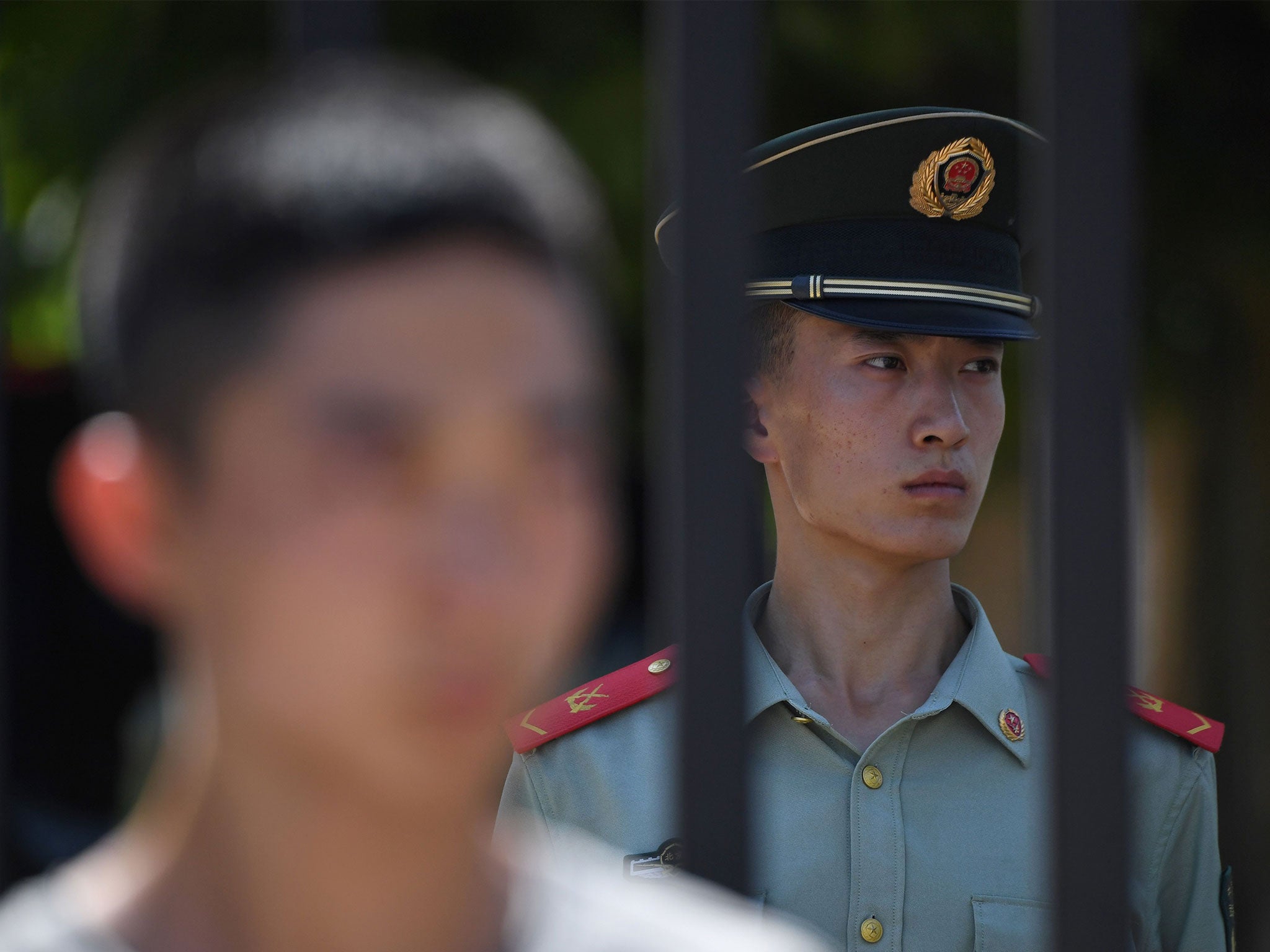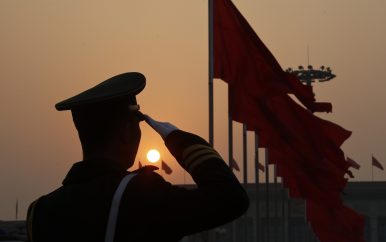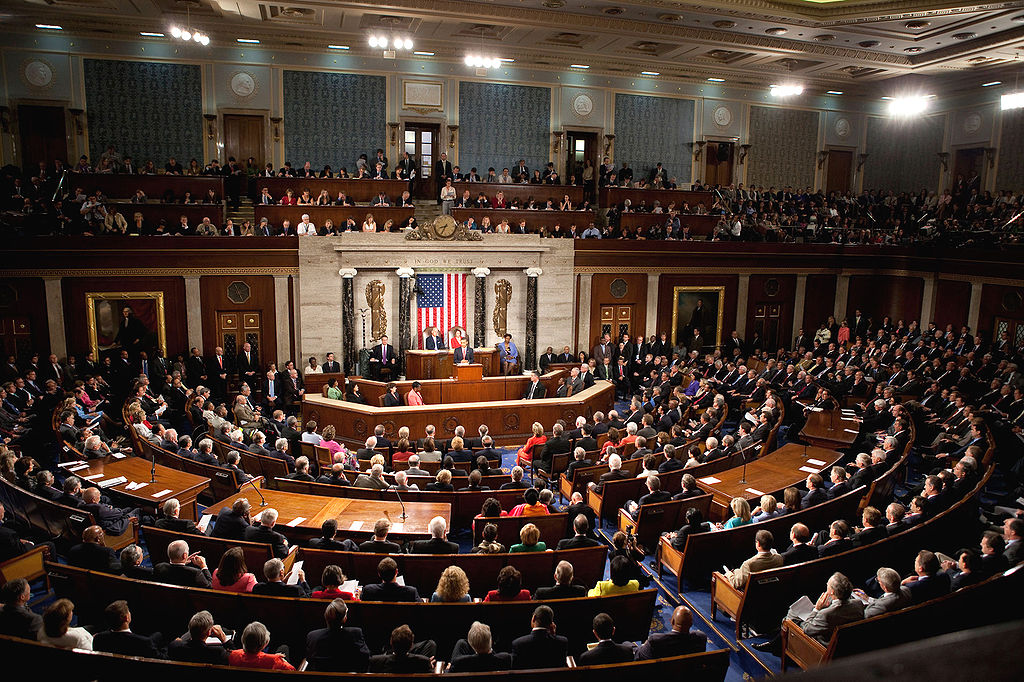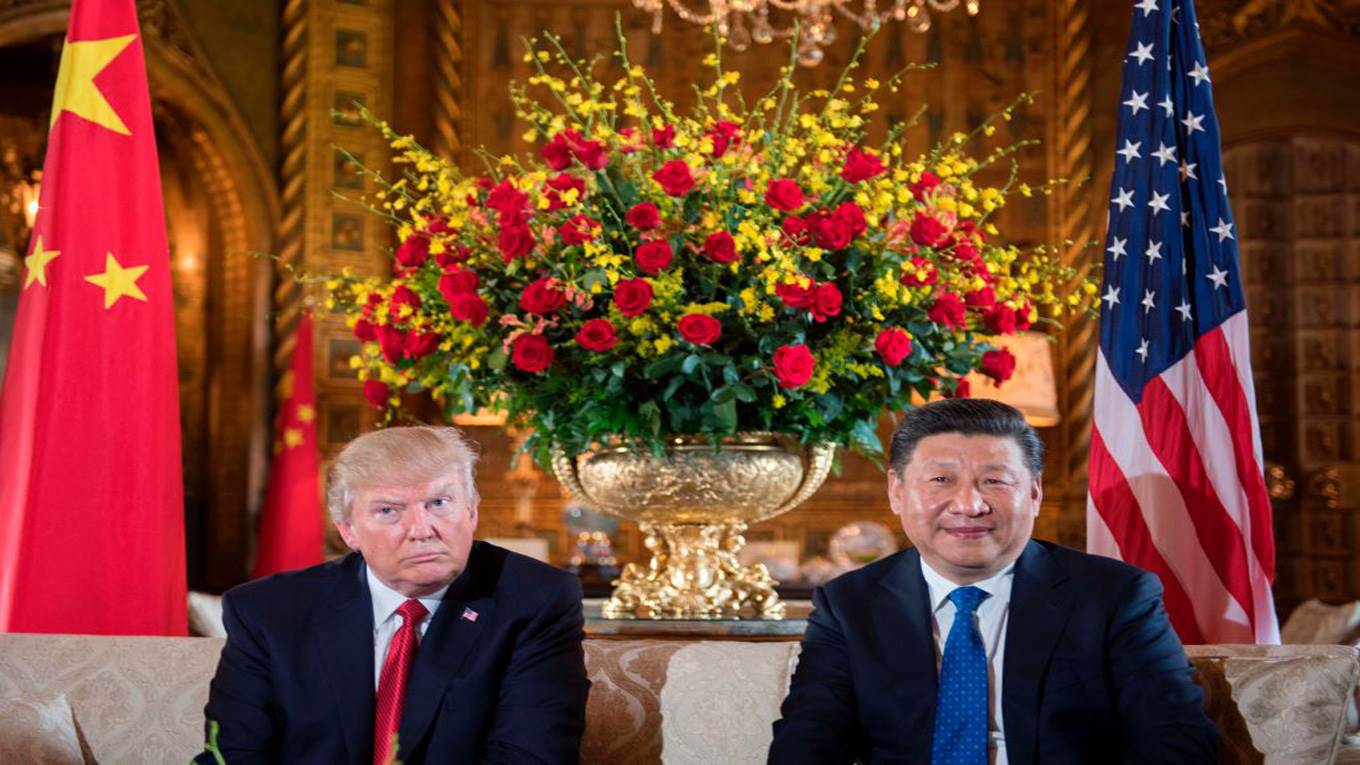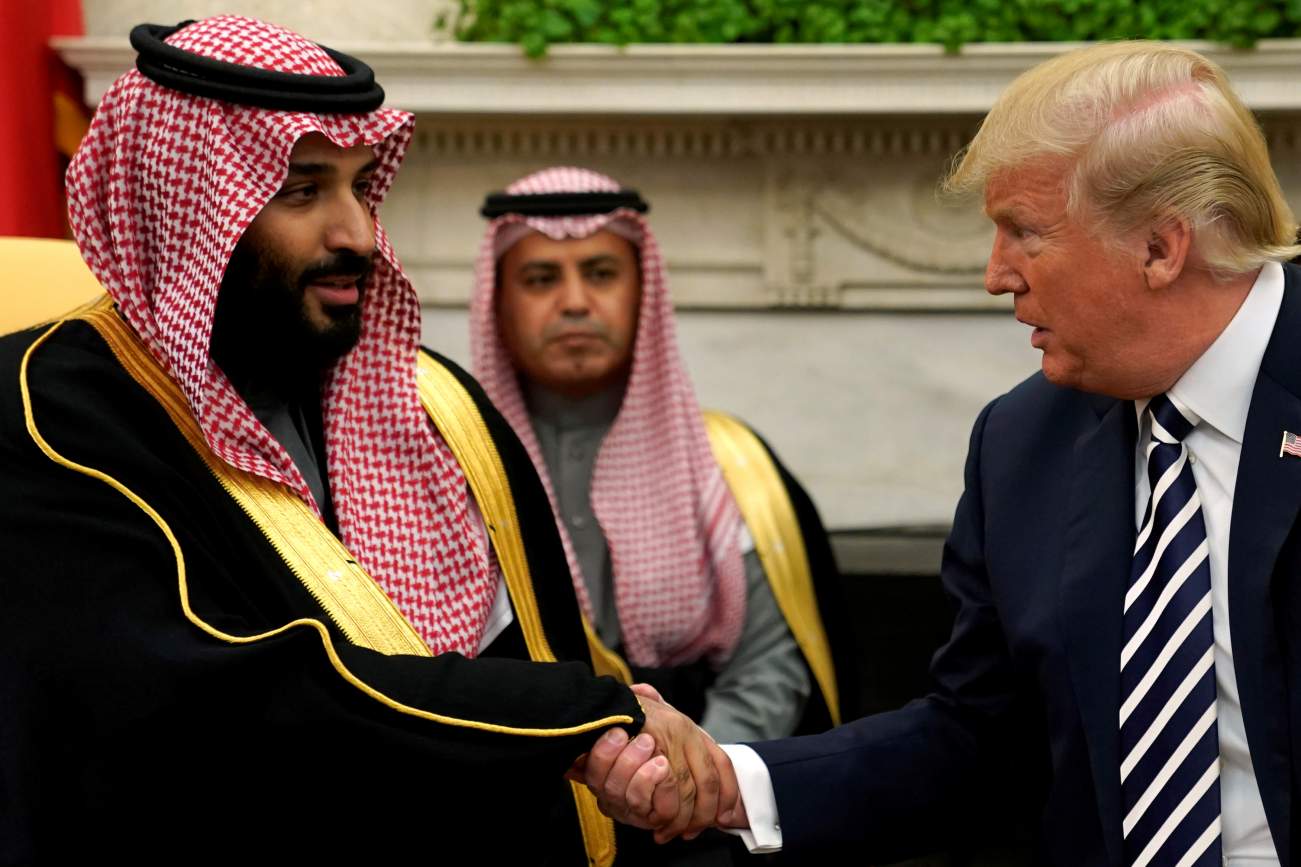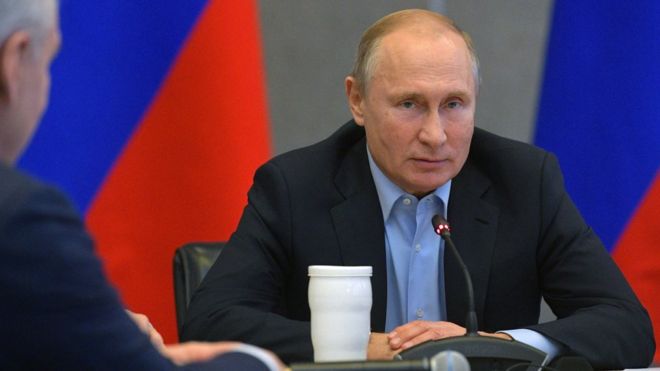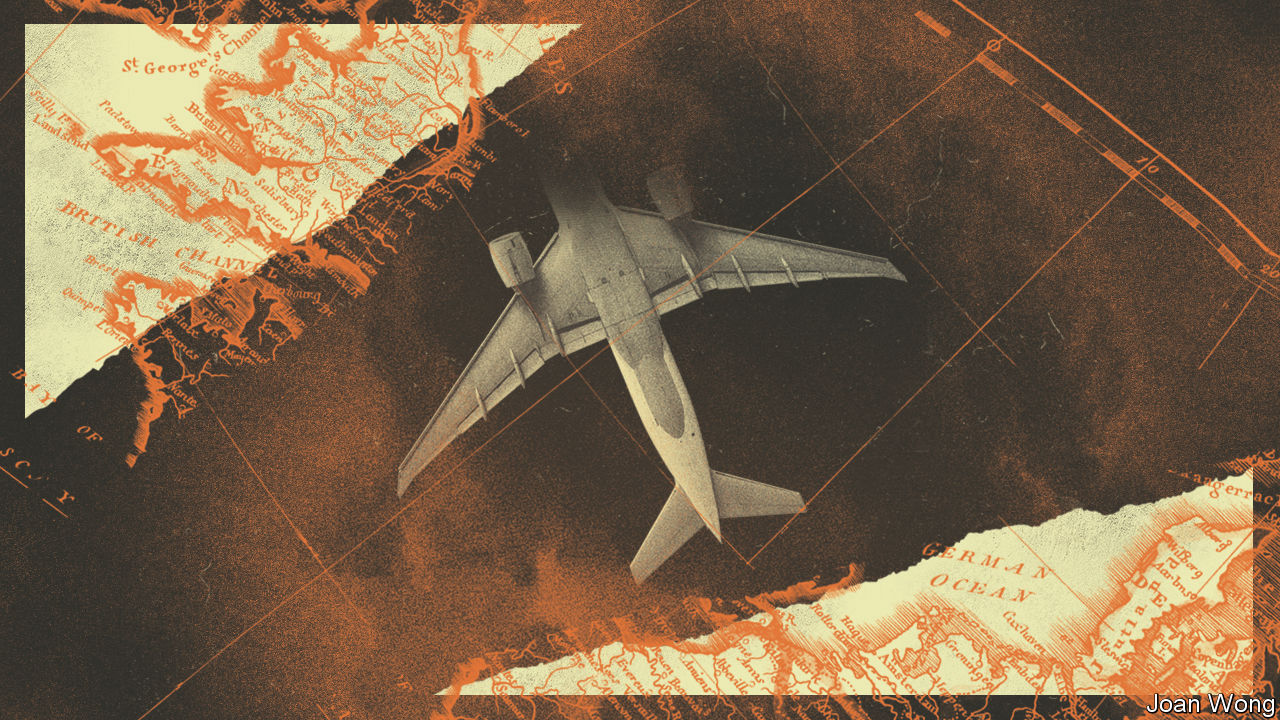By Sarmad Ishfaq
 The Chinese state-approved path to Islam and Uyghur culture now dictates every aspect of the Uyghurs existence and reality.
The Chinese state-approved path to Islam and Uyghur culture now dictates every aspect of the Uyghurs existence and reality.
Sinicization (noun): It is the process where traditionally non-Chinese societies are placed under the influence of the Han Chinese (the dominant ethnicity of China) in order to adapt the latter’s culture, customs, and way of life.
Afew weeks back, I was completely oblivious to the plight of the Uyghurs in China. Today, a part of me wishes that I had left this topic unresearched because of how much it resembles a tragic dystopian plot from a movie.
The Uyghurs are a Turkic ethnicity who have historically, and in contemporary times, lived largely in Central Asia and in China’s Xinjiang Uyghur Autonomous Region (XUAR). Besides the Han, who make up around 92% of China’s population, there are 55 ethnic minority groups in the country, which includes the Uyghurs, Hui, and Tibetans etcetera. The Uyghurs speak the Uyghur language and most of them practice the Islamic faith. The history of the conflict between the Hans and Uyghurs goes back centuries to dynastic China—although this schism has expanded since the terrorist attacks in the US on September 11, 2001 (“9/11”).
 India's broad security commitments prevent it from meeting its naval ambitions, forcing it to rely on other strategic measures to challenge China's penetration into the region.
India's broad security commitments prevent it from meeting its naval ambitions, forcing it to rely on other strategic measures to challenge China's penetration into the region.